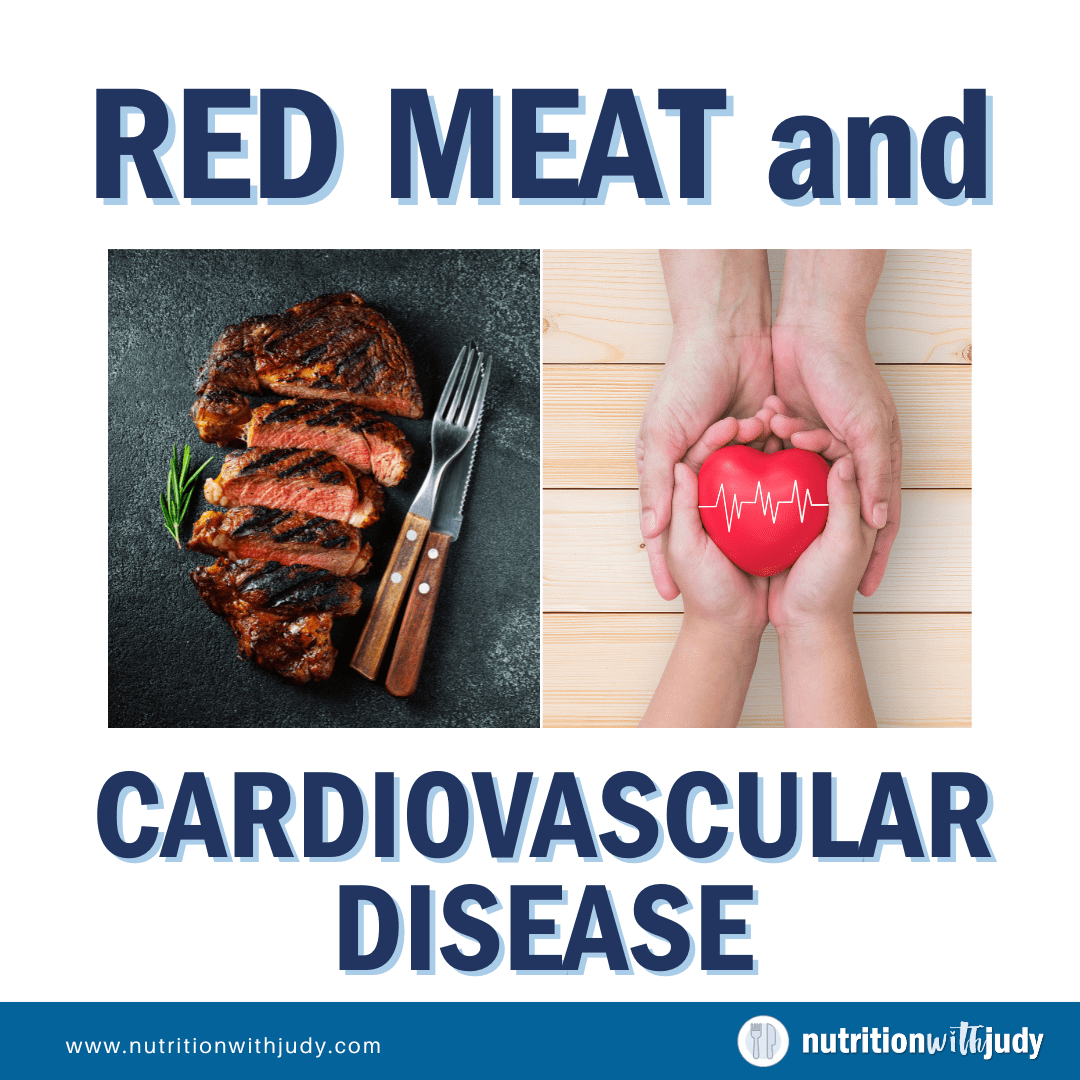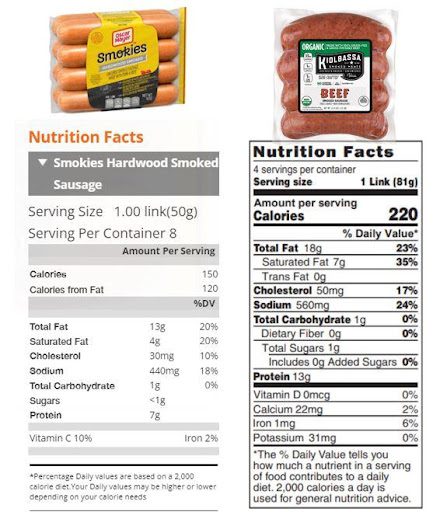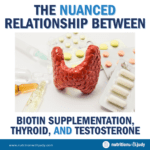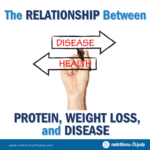

Red Meat and Cardiovascular Disease


Original Publish Date: 12/17/22
A systematic review on “Red and processed meat intakes and cardiovascular disease and type 2 diabetes mellitus: An umbrella systematic review and assessment of causal relations using Bradford Hill’s criteria.”
The researchers reviewed 605 articles; of them, 133 articles and 29 meta-analysis reviews were eligible for the systematic review.
Here’s the conclusion:
“We infer red and processed meat intakes are not causally related to cardiovascular disease outcomes due to consistently weak associations and a lack of coherence with experimental evidence.
However, we infer processed meat and mixed red and processed meat intakes are potentially causally related to type 2 diabetes mellitus due to consistently strong associations. More randomized controlled feeding trials are needed, specifically for processed meat, to support or refute these inferences.
These results emphasize the importance of integrating longer-term observational studies of clinical endpoints and shorter-term randomized controlled feeding trials of clinical risk factors when developing future public dietary guidance.” (Source)
This systematic study shows a weak causal relationship between meat and cardiovascular risk. We all know correlation is not causation. Could it be the healthy user bias where people who eat red meat on the Standard American diet also smoke, drink, and do not exercise?
The Nuances of Processed Meat Products
Some studies showed statistical significance with processed meat and mixed red meats having a potentially causal relationship with type 2 diabetes. I didn’t go into the individual studies to see how these processed meats and mixed red meats were defined, but an all-beef sausage with no additives is very different from Oscar Mayer’s sausages.
Oscar Mayer Smokies Ingredients: Pork, Water, Beef, Corn Syrup, Cultured Dextrose (Ingredients Used to Preserve Quality, Contains Less than 2% of Salt, Ground Mustard Seed, Cultured Celery Juice (Ingredients Used to Preserve Quality), Distilled White Vinegar (Ingredients Used to Preserve Quality), Sodium Phosphate Flavor, Monosodium Glutamate, Cherry Powder, Dextrose, Soy Lecithin.
Organic Kiolbassa Smoked Beef Sausage Ingredients: Organic Grass-Fed Beef, Water, Salt, Cultured Celery Powder (Celery Powder and Sea Salt), Organic Black Pepper, Organic Cane Sugar, and Organic Garlic. Encased in Natural Pork.
I don’t like to food shame but there are differences between the Oscar Mayer Smokies and the Kiolbassa beef sausage. For one, Oscar Mayer contains corn syrup (sugar), cultured dextrose (sugar), dextrose (sugar), MSG, and soy lecithin.
I do find the Kiolbassa beef sausage interesting as it’s in a pork casing. I wonder how many carnivores who believe they are sensitive to pork eat this without realizing they’re eating pork.
What’s really interesting is the nutrient profiles of both.


Yes, the Kiolbassa beef sausage is a superior product to the Oscar Mayer pork, water, and beef mixed sausage because the Oscar Mayer contains sugars, soy, and MSG. The sourcing of meat is also different.
BUT.
If you see the nutritional profile, the Oscar Mayer sausage weighs in at 50 grams. The Kiolbassa sausage weighs in at 81 grams. If you account for mathematical differences, the macronutrients are similar.
What does this mean?
While we don’t like corn syrup and dextrose, the nutrient profile of protein, fat, and calories is similar. You can’t use a lot of corn syrup and dextrose and have only 1 g of carbohydrates.
Context matters and if I had more time (read: not writing a book), I’d look into the individual studies of the potential causal association (words from the study, not mine) between T2D and processed meats. I highly doubt the studies that showed higher diabetic risks were because of even the worst sausages in isolation.
Whether you are a believer in PUFAs causing diabetes and obesity or believe that sugar causes diabetes, both are low in even the worst processed meat products. Now if you buy products slathered in BBQ sauce and other sugars, maybe. But most sausages aren’t laden with sugar. Even sugary bacon has very little added sugar.
Real Talk
I’ve been to a baseball game and ate the hot dogs (skipping the bun). I’m sure they are not perfect, but since I can tolerate some levels of sugar and the occasional MSG, I know it’s not the end of the world.
The ingredients do matter but so does the dose. Eating Oscar Mayers every day may be an issue, especially if you eat carnivore diet-size portions. But if you have these sausages occasionally, and it’s the only exposure to MSG and corn syrup, most carnivores will be okay. If you have a health condition, the dose changes drastically. Oftentimes the dose amount becomes zero.
From my practice, as people heal, most animal-based foods are safe. Yes, there are some foods that are more processed than others, but if you have these less often and prioritize real meats, you should be okay.
We must realize that it’s not the processed hot dog that caused Type 2 diabetes, not even the small amount of corn syrup. It’s usually the bun, ketchup, chips/fries, and soda that went along with the processed hot dog that was the issue.
Removing all the other stuff, and adding more meat (even including occasional processed Oscar Mayers) is a huge leap in the right direction.
(I never thought I’d be writing about why hot dogs are okay in moderation.)
Now in all transparency, as I’ve called out some studies that were funded by Coca-Cola, this study was funded by the meat industry. They did not participate in the research, but can there still be bias? Sure. But we also know that all science can be arguably biased.
TLDR: Real meat does not cause heart disease. And this systematic review wasn’t even with exclusive meat eaters. There were some possible associations between processed meats and Type 2 diabetes, but again this wasn’t a study with all-meat dieters. If you are worried about processed meats, limit them. If you are diabetic and fear processed meats, limit them. But no one needs to limit real meats.
In health,
Judy



